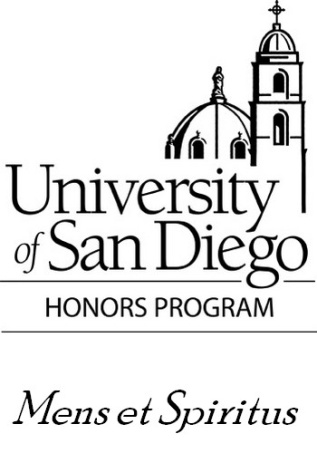Date of Award
Spring 5-21-2018
Document Type
Undergraduate Honors Thesis
Degree Name
Bachelor of Arts in Italian Studies
Department
Languages & Literatures
Advisor
Loredana Di Martino
Abstract
This project will examine the relationship between mafia and globalization through the lenses of two case studies, focusing on the Calabrian criminal organization known as ‘Ndrangheta. The first case study revolves around the Port of Gioia Tauro, which serves as the drug trafficking hub of ‘Ndrangheta and is emblematic of the overall trends in global commercial traffic and security deficits. The purpose of this case study is to demonstrate how ‘Ndrangheta exploits the advanced economic integration that began in the 1990s and continues to exist in the gap between frantic commercial activity and limited government oversight. This case study begins with a brief history of the port, including its initial development as a state-funded project in the 1970s and eventual privately funded transformation into a commercial transshipment hub in the 1990s. The case study lays out the unique features of the port, such as its expansive size, enormous levels of traffic, and limited security infrastructure. Finally, the Port of Gioia Tauro case study analyzes the criminal history of the port, initial attempts by ‘Ndrangheta to extort its financers, and the port’s continued use as a drug trafficking hub. This case study analyzes economic trends and how they facilitate drug trafficking, and why the port is particularly vulnerable to this exploitation. Important sources in this section include the European Commission’s published evaluation of the port, EU drug seizure data, the literature on ‘Ndrangheta drug trafficking deals and methods, commentary on crime and commerce from Gomorra, and several news reports documenting criminal activity relating to the port.
The project features an intermediate section linking the two case studies, which discusses ‘Ndrangheta structure and how it gives them an advantage in exploiting global economic integration and insufficient global legal integration. This intermediate section relies on the criminal analysis of Calabria’s head anti-mafia prosecutor, Nicola Gratteri. ‘Ndrangheta uses a horizontal structure that can be readily replicated in Calabrian communities around the world, primarily those in Canada, Australia, Germany, and Argentina. ‘Ndrangheta clans can make independent business arrangements and specialize in different types of criminal enterprise, adapting to different environments and legal systems around the world. The ability to operate outside of Italy also helps protect ‘Ndrangheta operations from Italian law enforcement, as demonstrated by the second case study. The second case study focuses on an incident from 2011 in which Italian law enforcement attempted to extradite former Australian mayor Tony Vallelonga for his association with ‘Ndrangheta. The extradition request was ultimately not granted by the Australian government, as extradition treaties require dual criminality and Tony Vallelonga, a citizen of Australia and Italy, had not broken any Australian laws. This case demonstrates the severe gap between advanced economic integration and insufficient legal integration. Without legal symmetry between states, organizations like ‘Ndrangheta will continue to exist in states without the advanced anti-mafia institutions like those in the United States or Italy.
Digital USD Citation
White, Benjamin, "Mafia and Globalization: The Consequences of Economic Integration Without Legal Symmetry" (2018). Undergraduate Honors Theses. 54.
https://digital.sandiego.edu/honors_theses/54
Included in
Comparative Politics Commons, Criminology and Criminal Justice Commons, International Economics Commons, International Relations Commons, Italian Language and Literature Commons, Other International and Area Studies Commons


